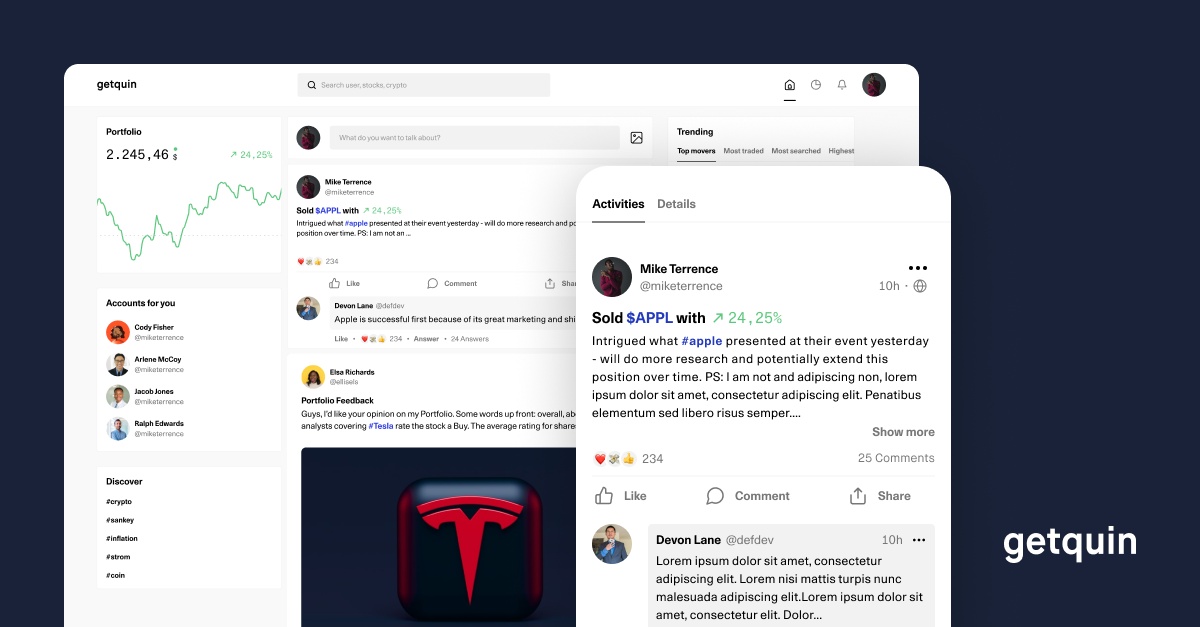My last ride is leaving the depot - the end is over
Why? -with @DividendenWaschbaer I had already discussed
Main reason
- my position was 10% below equity when I sold (dividends mitigated the loss)
- my assumption that the interest rate cuts would have a positive effect did not materialize
- now my thought is that the interest rate cuts will come much slower than I thought a while ago and therefore positions like Vici will take a long time to increase the price level significantly
Furthermore
- I already have a property to rent out, so I already have an investment in the real estate sector (also with leverage)
One more point
Reclassification
by reclassifying every year, my tax-free amount is touched again in the new year * edit incorrect
-> The original profit in the amount of EUR *** is entered as a loss in the general loss offsetting pot. Reversal due to reclassification of US income. Re-settlement follows and is offset against this loss pool (thanks Wasschbär)
the topic in detail:
CCF contributions
🏅Riding cancelations
Now of course you can say - you know all that beforehand, right! that's why I'm writing this so that others know beforehand :-)
I used the capital from the sale for $ORI (+1,81 %) (position now at desired size) and $HSBA (-3,16 %)
@Simpson sorry :-)
but also think of advance lump sum for Reits ;-)













